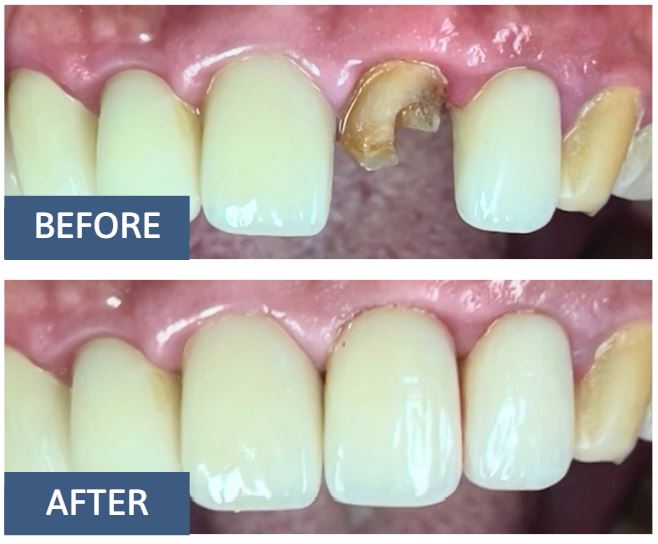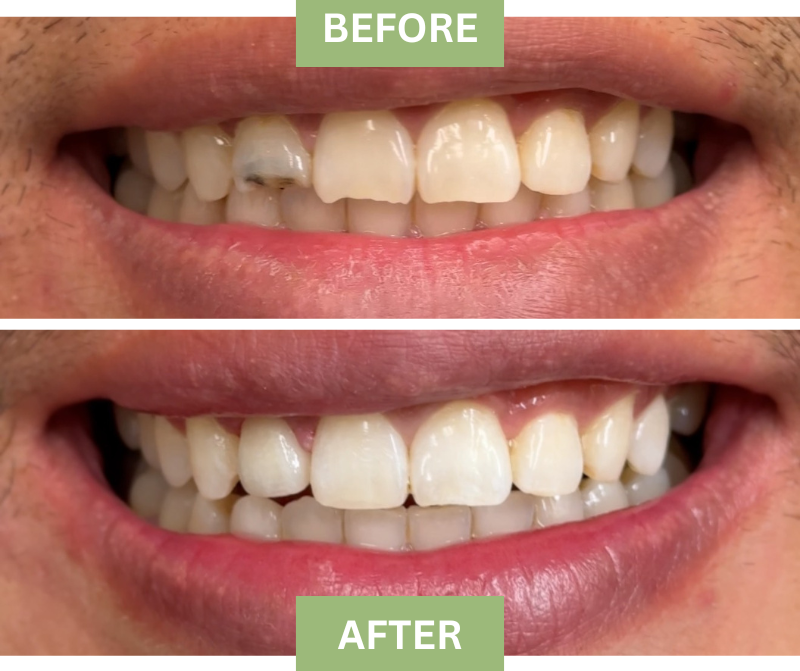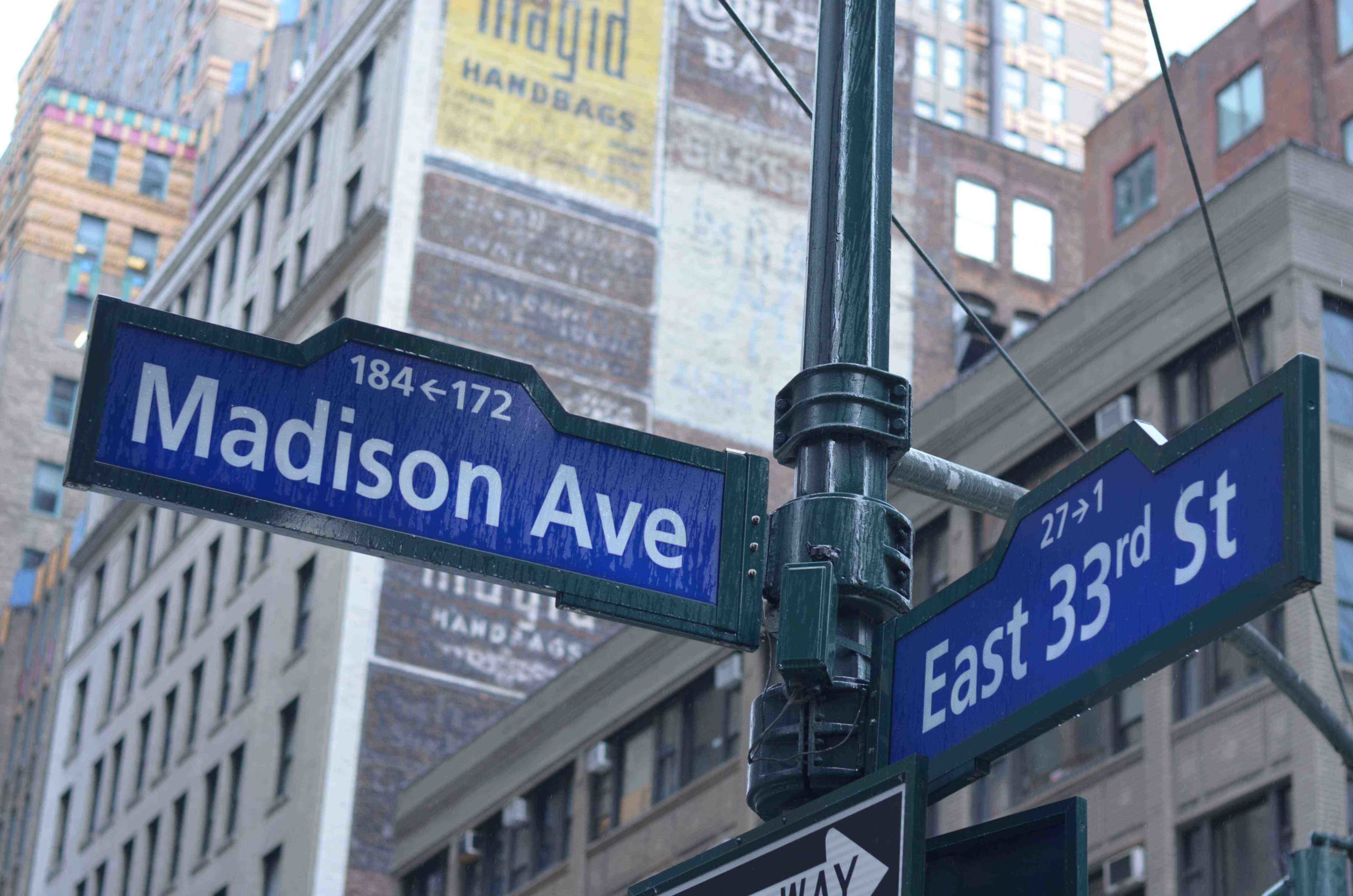A Legacy of Excellence in Midtown
172 NYC Dental is the modern evolution of New York City’s oldest continuously operating dental practice. Our roots trace back over 130 years to our original location at 59th Street & 2nd Avenue (now our sister practice, 209 NYC Dental).
We have brought that century of expertise to Madison Avenue, combining old-school patient care with ultra-modern technology.
Our multispecialty practice is open seven days a week and closes only on major holidays. Whether you have a weekend toothache or lose a tooth while visiting the city, you can count on us for immediate emergency care. Contact us right away to schedule your appointment and get the treatment you need as soon as possible.
Ready for Expert Dental Care Today?
Visit our state-of-the-art facility in Midtown Manhattan. We combine advanced technology with compassionate care to deliver beautiful and long lasting results.
Train: Walking distance from Penn Station and Grand Central Terminal
Common Questions About Emergency Dental Care
Where can I find an emergency dentist near me open today?We have two Midtown Manhattan locations providing emergency coverage every day of the week.READ MORE
We provide emergency dental care 7 days a week at two Midtown Manhattan locations (172 Madison Ave & 209 East 56th St). We’re open early (as early as 7:30am) Monday through Sunday with same-day appointments available. Call 646-921-5541 to schedule at whichever location has the earliest availability today.
Is your emergency dentist open on weekends?Yes, we offer weekend emergency dental care.READ MORE
We offer emergency dental care on weekends at both locations. 172 NYC Dental is open Saturdays from 7:30am-3pm with walk-ins welcome. 209 NYC Dental is open both Saturdays and Sundays by appointment. Call 646-921-5541 for weekend emergency care.
Do you accept walk-in patients?Yes, 172 NYC Dental location accepts walk-in emergency patients Monday through Saturday.READ MORE
While walk-ins are welcome, we highly recommend calling ahead at 646-921-5541 to schedule a same-day emergency visit. Scheduling allows us to minimize your wait time, match you with the best provider for your needs, and answer some of your insurance questions. Our 209 E 56th St location offers same day emergency care but requires appointments, so please call to schedule.
Do you accept patients with no insurance? How much does an emergency dentist cost?Yes, we treat patients without insurance! Our emergency visit costs $125 and includes exam, x-rays, and prescriptions.READ MORE
We proudly serve as an emergency dentist for people with no insurance. The emergency dentist appointment costs $125 without insurance and includes a limited oral exam, two x-rays, and any necessary prescriptions. We also offer 6 months 0% interest financing through CareCredit with no down payment, accept all major credit cards, and welcome FSA/HSA accounts.
Are emergency dentist appointments more expensive?No, we charge the same fees for emergency care. There’s no extra charge for same-day, weekend, or early morning appointments.READ MORE
There are no surcharges for urgency or timing. Whether you come in for same-day urgent dental care, weekend appointments, early morning visits (7:30am), or walk-ins, we charge our standard fee schedule. The only cost variation is based on the actual treatment needed (extraction, filling, crown, etc.), not when you’re seen.
Do you offer sedation for anxious patients?Yes, we offer nitrous oxide (laughing gas) and oral sedation for emergency treatments.READ MORE
Our dentists offer nitrous oxide and oral conscious sedation to help anxious patients feel comfortable during urgent procedures. Nitrous oxide provides mild relaxation with no recovery time, while oral sedation offers deeper relaxation for longer procedures or higher anxiety. Call 646-921-5541 to discuss sedation options.
Can emergency dentist do fillings?Yes, our dentists can place same-day fillings for cavities causing pain or to replace lost fillings.READ MORE
If you’re experiencing discomfort from a cavity or lost filling, we provide immediate relief with same-day fillings. We use tooth-colored composite fillings that restore your tooth’s function and appearance immediately, typically completed in 30-60 minutes. Most emergency fillings require only one visit.
Who can do emergency tooth extraction?Our general dentists can perform most emergency tooth extractions same-day. Impacted wisdom teeth may require our oral surgeon.READ MORE
Our general dentists handle most same day emergency tooth extractions including severely decayed teeth, broken teeth with damaged roots, teeth causing infection, and simple wisdom tooth extractions.
Do you offer emergency care for kids?Yes, our dentists provide emergency care for children at both Midtown locations with gentle, kid-friendly treatment.READ MORE
Our emergency dentist for kids treats knocked-out teeth, broken teeth from falls, severe toothaches, dental trauma, and infections in children. Our doctors communicate at age-appropriate levels, create a calm environment, work gently with young patients. Call 646-921-5541 for same-day pediatric emergency appointments.
What do I do if half my tooth breaks off?DO not chew on that side! Call 646-921-5541 immediately for same-day broken tooth repair.READ MORE
A broken tooth emergency requires same-day treatment to prevent further damage and protect exposed nerve. Take over-the-counter pain killer if you experience toothache, avoid chewing on that side, and cover sharp edges temporarily if they bother you. Call us immediately—don’t wait! We can see you urgently at either Midtown location to repair or restore your broken tooth today.
How urgent is a lost filling?A lost filling should be treated within 24-48 hours, even without pain. The exposed tooth is vulnerable to decay and cracking.READ MORE
A lost filling should be treated promptly. The exposed tooth becomes vulnerable to bacteria and food debris. Depending on the size and location of the lost filling, the tooth also becomes susceptible to fracture. We can replace your filling same-day in 30-60 minutes. Call 646-921-5541 to schedule within 24 hours.
Call Us & Let Us Help You Today!













